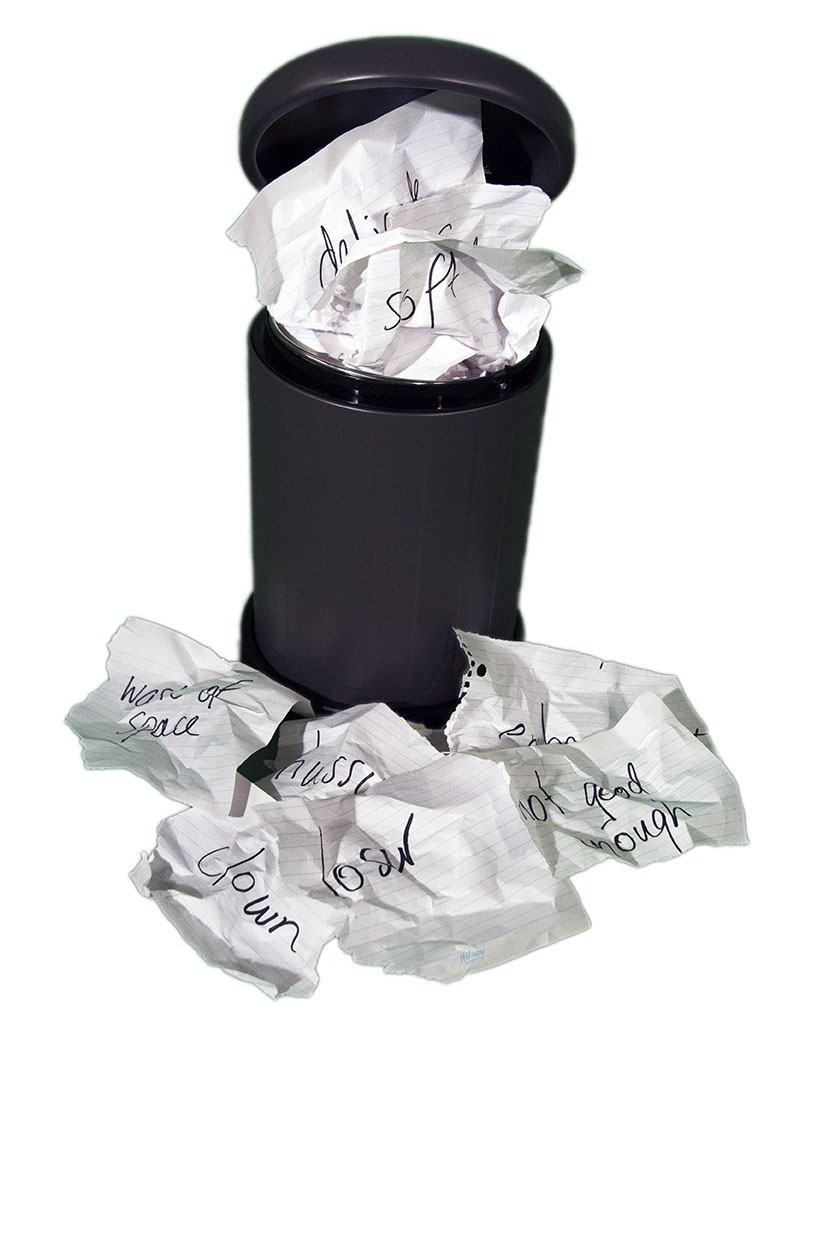By Kit Kolbegger
Smack talk. Chirping. Trash talk.
It has many names, and it happens in every kind of competition.
Daniel Wright, a player on the Seneca Sting men’s basketball team, says it’s just part of the game, and it happens all the time.

“It’s before the game, it’s during the game. It’s even like, say, two weeks before the game may start, if you know the person,” he says. “It’s that psychological effect, to get them ready, to get them thrown off.”
The science also says it works. A 2013 Florida State University study of men who trash-talked found that the banter affected not only the men’s performances, but how the men believed they were performing. Another study from Georgetown University and the University of Pennsylvania found that it even contributes to feelings of rivalry.
“Seneca against George Brown, we’re always rivals, so everybody in that game is trash talking at one point,” Wright says.
Wright says that for him and others, trash talk is so natural that they sometimes barely realize they are doing it.
“We don’t realize it till after the fact, like, ‘Oh, I was really trash-talking. Okay, I gotta back it up now.’ If you don’t back it up, then you’re in for a world of trouble.”
Wright explained how, beyond the OCAA guidelines of fair play, basketball players followed their own unwritten code of ethics to keep things civil.
“There’s friendly bantering, going back and forth,” he says. “Then there’s, say, racial slurs that may come into effect.”
Occasionally, Wright says, that kind of talk can spill off of the court.
“That carries on outside of basketball, that carries on the streets too,” he says. “A fight may break out on the street.”
He says it can be hard for players who experience racial slurs or trash talk about their families to leave it on the court.
“That’s really hard to let go, in some cases. Other cases, you can just go up to him and say, I don’t appreciate the way you said this,” he says.
Referees also help in dealing with trash talk that crosses a line. Wright says that if a referee overhears, it gets called out right then and there.
“He’ll blow his whistle, stop the game, and say, ‘You two, come here.’ Talk to them, talk to their coaches, give warnings,” he says.
He says it’s important for players to just not take their banter to that level, but that in general, trash talk is just part of the sport.
“Trash talk is a part of basketball, whether you like it or not,” he says.
Wright says that because players on the rival teams have sometimes known each other for years, the chirping isn’t always about what’s happening during the current game.
“We kind of bring in old stuff, that may happen back in out of school rec basketball. Say, ‘Oh, you remember that time four years ago where we beat you in a gold medal game? That might happen again today, you guys are going to lose,’” Wright says.
Jonathan Lasnier, a mental performance consultant and member of the Canadian Sports Psychology Association, says that keeping players in the past is one of the main goals of trash talk.
“If somebody tells you something negative when you compete, you’ll remember this comment,” he says. “It’ll, in a way, put your mind in the past. And when you compete, you compete in the present. If your mind is in the past, you will not be able to perform optimally.”
Lasnier says that trash talk mostly serves as a distraction technique, and that athletes shouldn’t let their focus be drawn from the game. One way to keep from getting distracted, he says, is to practice techniques beforehand. One strategy is self-talk, or talking to yourself. Practice can help figure out what an athlete should say to themself.
“Which type of statements am I going to use in my self-talk? Will I say, ‘Let it go, it’s okay,’” Lasnier says. “‘Be here.’”
Athletes can also write down keywords or positive affirmations. Lasnier also suggested breathing exercises for when trash talk does manage to get under an athlete’s skin.
He described a technique called “belly breathing.” The first step is to inhale, counting four seconds and letting your belly rise with the inhale. Then, you exhale for six seconds, letting your belly flatten back out.
“When you use breathing techniques, you’re able to refocus on yourself,” he says.
Lasnier also says there’s something else important to keep in mind.
“Trash talkers, they do this because they’re attempting to level the playing field,” he says. “When people do this, it’s because they’re scared of you, in a way.”
Shikaeb Rahi Soratgar of the Seneca Sting tends to agree. He has played basketball not only in Canada and the United States, but also in his home country of Afghanistan. He says in Afghanistan, players can be given a warning for even the mildest insults.
“Even if you say something like, ‘Oh, you’re too weak, you can’t guard me,’ the refs back home think it’s not necessary,” he says. “If someone can’t guard you, they can’t guard you, and you all can see it.”
But while trash talk is common here, Soratgar says he doesn’t let it affect him.
“For me personally, if someone trash talks, I don’t really consider it that much. I think that someone trash talks when they are weak,” he says.
Once, Soratgar played a game of 21 in the U.S., where one player was chirping others frequently. That guy was also the worst on the court. Another athlete had words of advice.
“He, at the end of the game, said, ‘The person who is the loudest person on the court is the weakest person on the court.’ From that day, I was like, ‘Oh wow, that’s exactly what I was thinking,’” he says.
“Now I know exactly what I’m going to say to someone who trash talks.”

